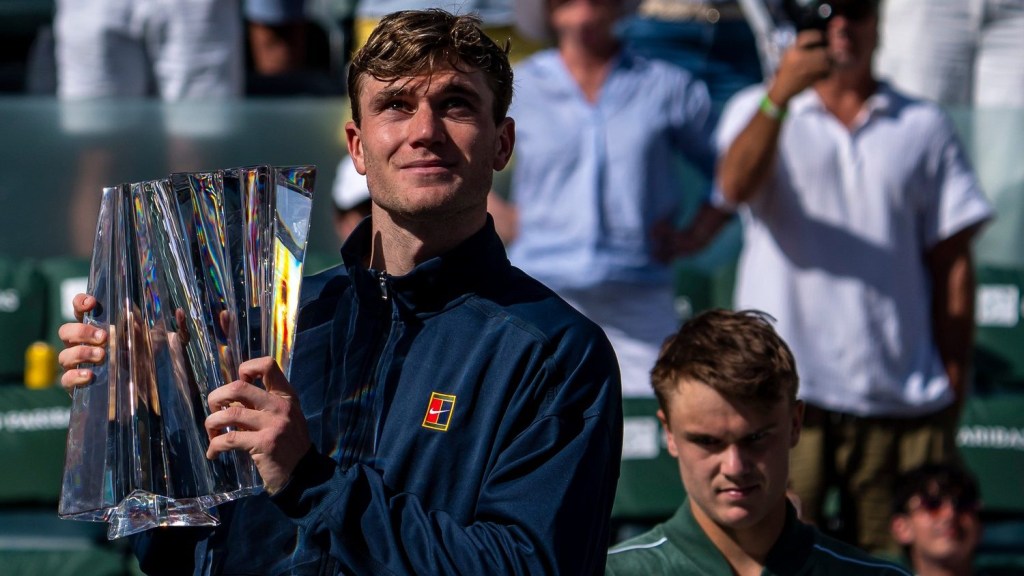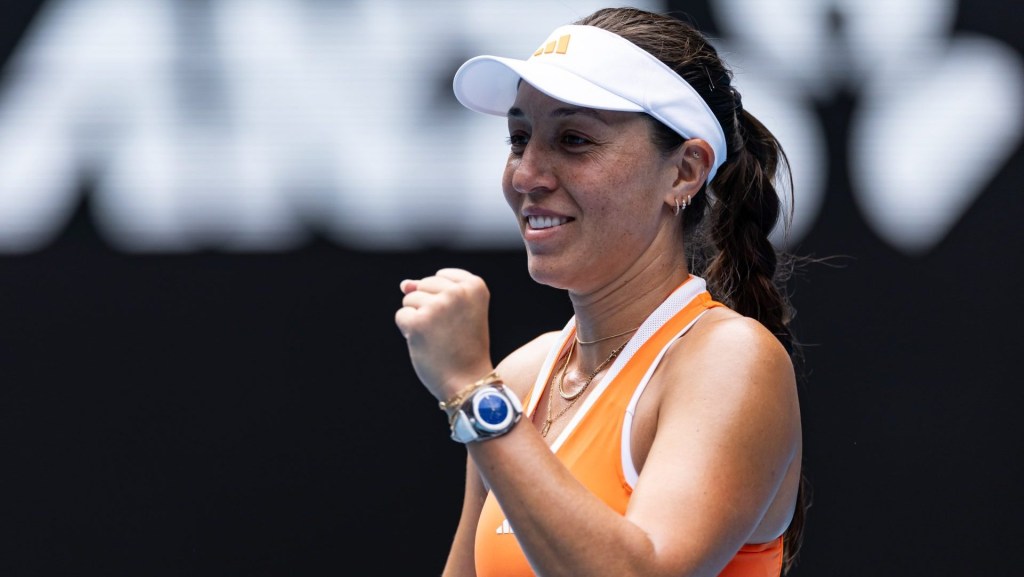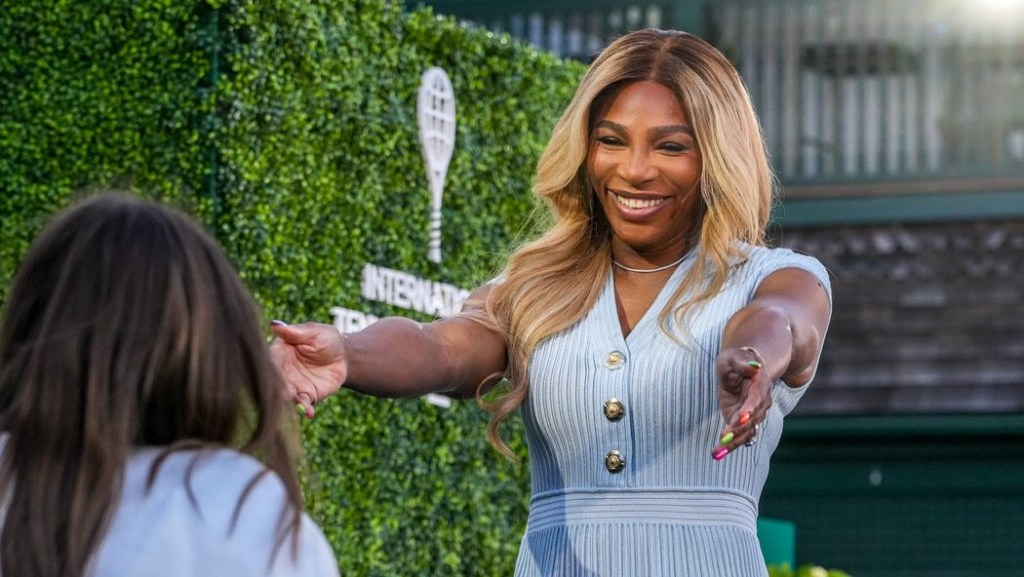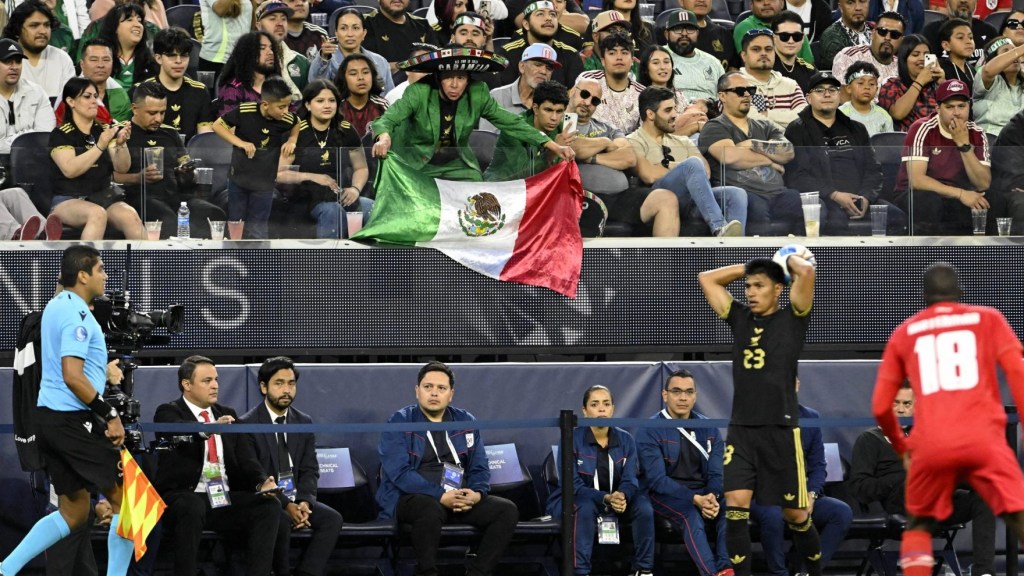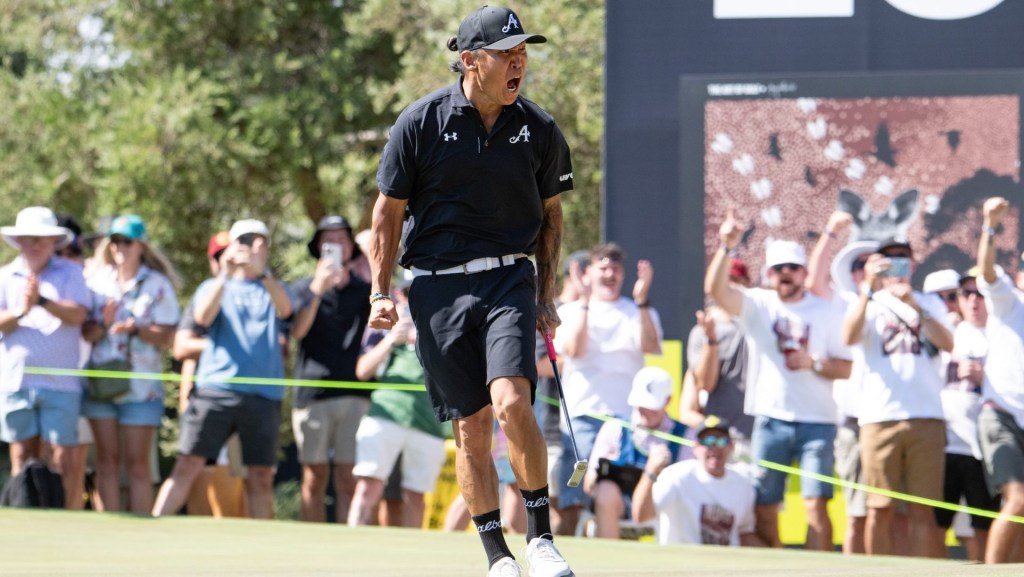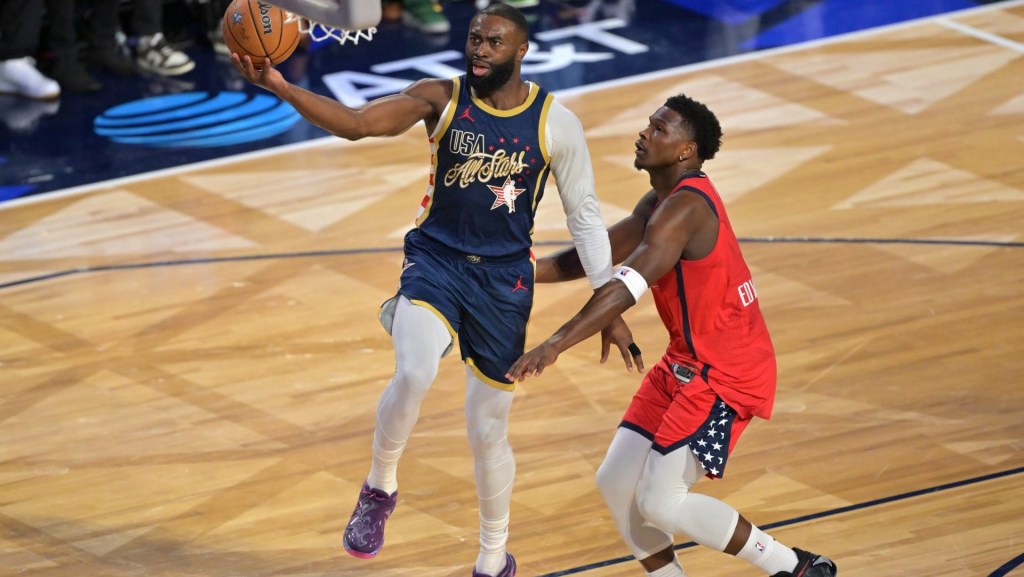Track and field—one of the many Olympic sports where even champions can live a grinding existence financially—will directly pay its gold medalists tens of thousands of dollars for the first time.
Gold medalists will net $50,000 in Paris, World Athletics said Wednesday, making it the first sport to pay out prize money at the Olympics.
The move symbolizes a break with the Olympics’ amateur-filled past. Track and field is one of the most-watched events in the Games, with the men’s 100-meter dash winner crowned the “World’s Fastest Man.”
World Athletics said it would reserve $2.4 million to pay the gold medalists $50,000 across 48 events for this summer’s Paris Olympics. Relay teams will split the money with their teammates. Silver and bronze medalists are slated to start getting prize money at the 2028 Olympics in Los Angeles. The prize money will come out of the revenue share World Athletics, the governing body of athletics, gets from the International Olympic Committee. The IOC rakes in billions every Olympic cycle.
Sebastian Coe, the president of World Athletics, said the decision is “to recognize that the revenue share that we receive is in large part because our athletes are the stars of the show.”
The move is a fundamental shift from the Olympics’ long history of the IOC and other governing bodies pocketing the lucrative revenue the Games produce. The IOC doesn’t distribute prize money, though many medalists receive payments from their sponsors or national federations.
Coe said he gave the IOC “a heads-up” before announcing World Athletics’ intentions Wednesday. The decision could be perceived as a power play by Coe, a former British politician who has long been rumored to be interested in running the IOC. It’s unknown whether other sports will start paying their own gold medalists in light of Wednesday’s announcement.
Coe, a former British runner who won gold at the 1980 and ’84 Games in the 1,500-meter run, said he’s aware of the changes that have come since his own career ended, which is why he understands the implications of what he’s doing.
“It’s a completely different planet from when I was competing,” Coe said. “So it’s very important that this sport recognizes the change in that landscape and the added pressures on many competitors.”
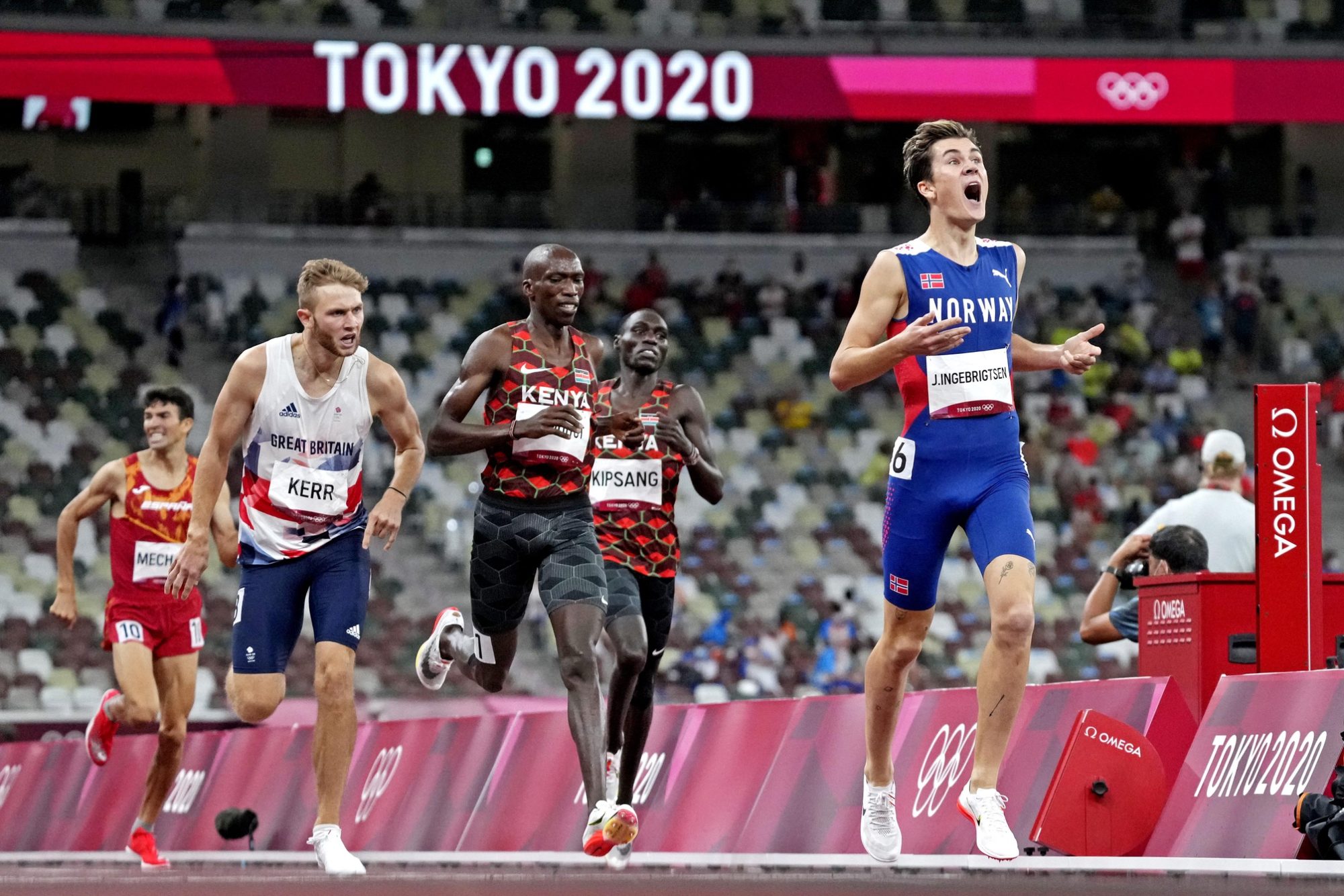




![[Subscription Customers Only] Jun 15, 2025; Seattle, Washington, USA; Botafogo owner John Textor inside the stadium before the match during a group stage match of the 2025 FIFA Club World Cup at Lumen Field.](https://frontofficesports.com/wp-content/uploads/2026/02/USATSI_26465842_168416386_lowres-scaled.jpg?quality=100&w=1024)
![[Subscription Customers Only] Jul 13, 2025; East Rutherford, New Jersey, USA; Chelsea FC midfielder Cole Palmer (10) celebrates winning the final of the 2025 FIFA Club World Cup at MetLife Stadium](https://frontofficesports.com/wp-content/uploads/2026/02/USATSI_26636703-scaled-e1770932227605.jpg?quality=100&w=1024)



